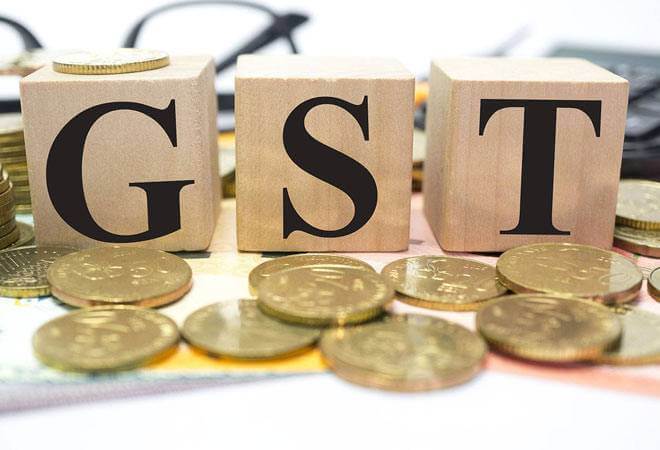The GST Council has approved an increase in the Goods and Services Tax (GST) rate on the sale of old and used vehicles from 12% to 18%. This revised rate applies to vehicles sold on a margin basis and purchased by businesses that claim depreciation.
However, individuals buying or selling old vehicles will remain taxed at the lower rate of 12%.
How much tax do I have to pay? Calculate now
The decision is consistent with the council’s existing tax framework for vehicles. At present, used petrol, LPG, and CNG vehicles with an engine capacity of 1200cc or more and a length exceeding 4000mm are taxed at 18%.
The same rate applies to diesel vehicles with an engine capacity of 1500cc or more and SUVs with engines exceeding 1500cc. With the new ruling, vehicles previously taxed at 12%, including old electric vehicles (EVs), will now fall under the 18% bracket when resold by businesses.
This change significantly impacts the EV resale market. While new EVs benefit from a 5% GST rate to promote adoption, reclassifying used EVs under the 18% slab may dampen their attractiveness in the second-hand market.
The input parts and services for repairing and maintaining second-hand vehicles are already subject to an 18% GST, and the proposed hike could further raise operational costs for businesses in this sector. Industry analysts caution that this tax increase may reduce demand for used vehicles. The current system, which taxes vehicles based on the supplier’s margin, has contributed to the growth of the used car market. However, a higher GST rate could burden businesses and affect affordability for buyers.
👉 Click here to read the latest Gujarat news on TheLiveAhmedabad.com




